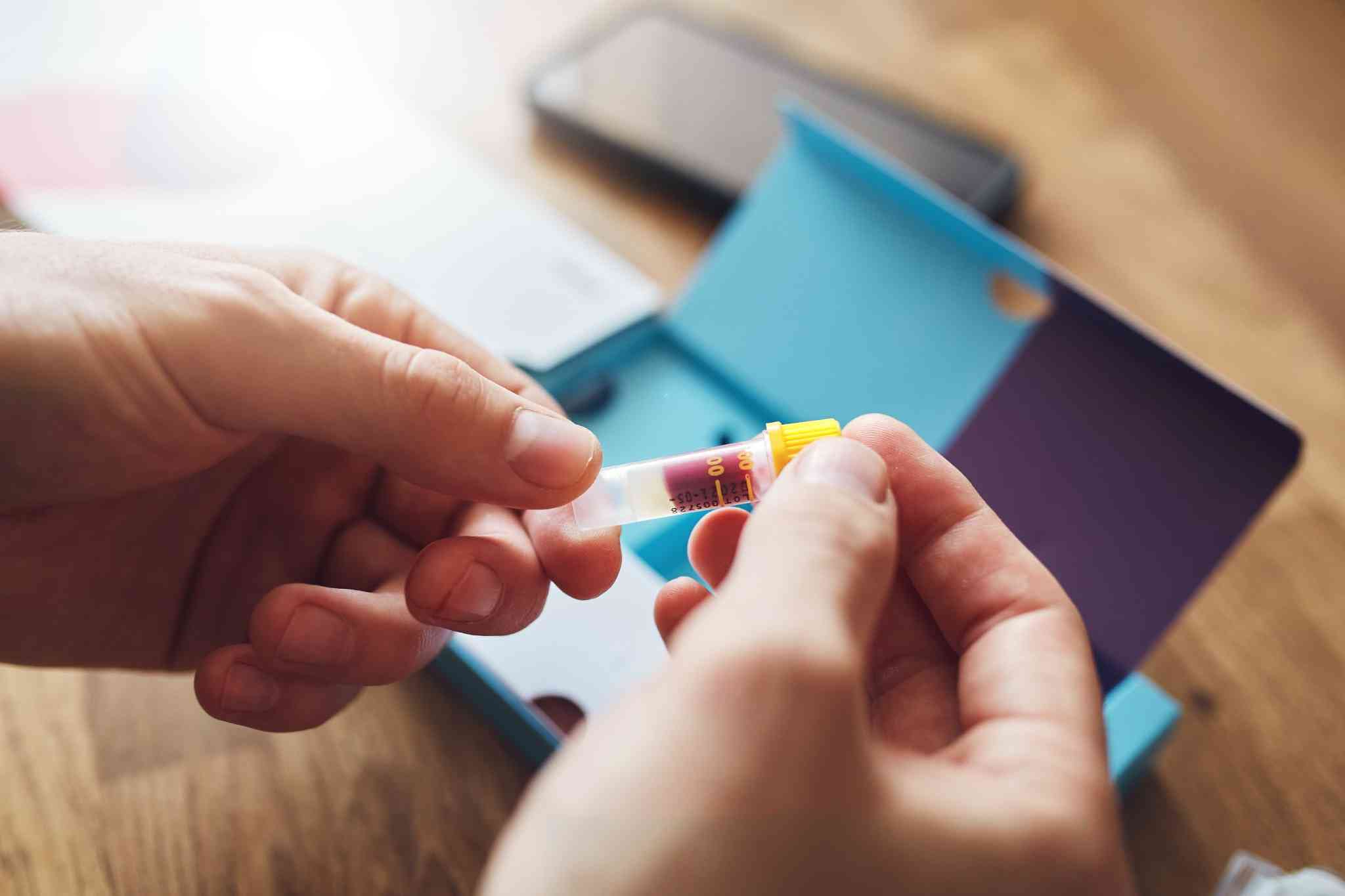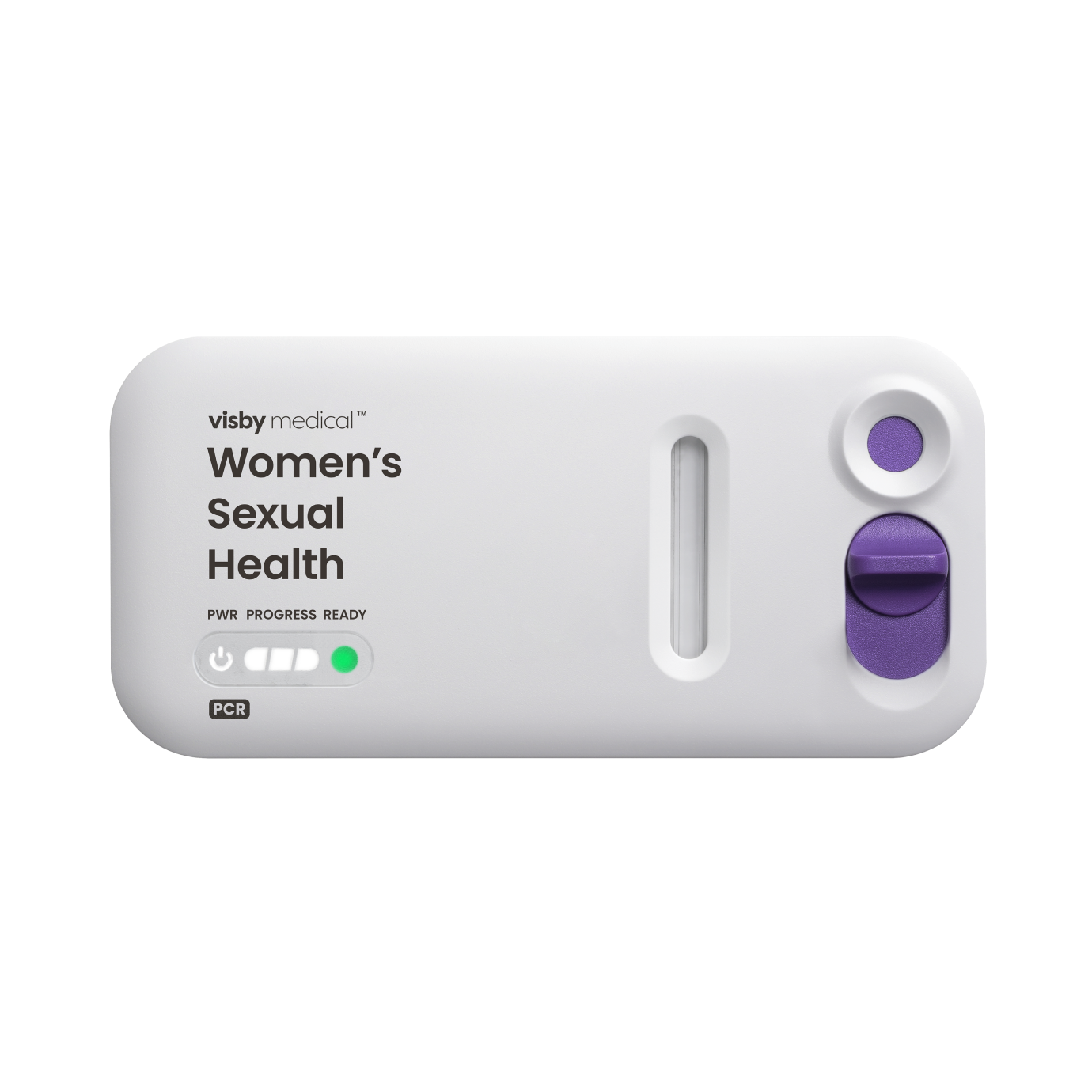Writer: Gillian (Gigi) Singer, MPH
Testing your testosterone levels is a crucial step in diagnosing hormonal imbalances and understanding your overall health. However, certain factors can affect the accuracy of your testosterone test, so proper preparation is essential.
In this blog post, we'll cover how to prepare for a testosterone blood test, including fasting requirements, the best time to test, medications that may interfere, and lifestyle factors that can impact your results.
Why Preparation Matters for a Testosterone Blood Test
Testosterone levels fluctuate throughout the day and can be influenced by food, stress, sleep, and medications. Without proper preparation, you may receive misleading results, leading to an incorrect diagnosis or unnecessary treatment.
By following these guidelines, you can ensure that your testosterone test results are as accurate and reliable as possible.
Step 1: Choose the Right Time for Your Testosterone Test
Testosterone levels follow a circadian rhythm, meaning they are highest in the morning and decline throughout the day.[1]
Harvard Health says that the best time to test for total testosterone is between 7:00 and 10:00 in the morning. This timing applies to men under the age of 45. However, since testosterone levels fluctuate less with age, men 45 and older can have their testosterone test done any time before 2:00 in the afternoon.[2,3]
Step 2: Follow Your Provider's Recommendation for Fasting
Research has not found significant differences between fasting and non-fasting testosterone levels.[4] In some cases, your healthcare provider may ask you not to eat or drink anything except water several hours before the test, but your provider should let you know if you need to follow any specific instructions for your test.[5]
Best Practice: If fasting is recommended, schedule your test early in the morning before breakfast.
Step 3: Avoid Certain Medications and Supplements
Some medications and supplements can artificially raise or lower testosterone levels. If you're taking any of the following, inform your healthcare provider before testing:
Here are some medications that may lower testosterone:[6]
- Ketoconazole (Extina, Nizoral, Ketoderm)
- Cimetidine (Tagamet)
- Spironolactone (Aldactone)
- Certain antidepressants
- Chemotherapy drugs
- Opioids (morphine, codeine, hydrocodone, and oxycodone)
- Statins (cholesterol-lowering drugs)
- Corticosteroid [7]
Here are some medications that may increase testosterone:[8,9]
- Testosterone replacement therapy (TRT)
- Anabolic steroids (medications that are manufactured forms of testosterone)
- Certain supplements (DHEA, zinc, quercetin, grape seed extract)
Tip: Review the supplements you are taking with your healthcare provider to decide if you should refrain from taking them before testing.
Step 4: Get a Good Night's Sleep
Aim for at least 7-9 hours of quality sleep the night before your test and avoid alcohol and caffeine before bed, as they can disrupt sleep cycles.
Testosterone production occurs at night while you are sleeping after it reaches its lowest around 7 p.m.[1] Research found that decreased sleep caused a drop in testosterone levels, especially in the afternoon and evening.[10] So, your test results can be affected by your sleep.
Step 5: Reduce Stress Before the Test
Chronic stress raises cortisol levels, which inhibits testosterone production. Engage in stress-reducing activities (meditation, deep breathing, light exercise) the night before.[11]
Step 6: Avoid Heavy Exercise Before the Test
Why? Strenuous exercise, especially heavy weightlifting or endurance training, can cause temporary fluctuations in testosterone levels. Avoid intense workouts the morning of the test, as excessive exercise can temporarily lower testosterone levels. Light activities like walking or yoga should be fine.[12]
Step 7: Stay Hydrated
Drink plenty of water before the test to ensure a smooth blood draw and prevent dehydration, which can affect hormone levels.
Avoid sugary drinks and excessive caffeine, as they can cause insulin spikes, which can indirectly affect testosterone levels.
Step 8: Know What Other Hormones Might Be Tested
A testosterone test is often done alongside other hormone tests for a full picture of hormonal health:
- Free vs. Total Testosterone – Measures both bound and unbound testosterone
- Sex Hormone-Binding Globulin (SHBG) – Helps assess available testosterone levels
- Luteinizing Hormone (LH) – Determines if low testosterone is due to a pituitary issue
- DHT (Dihydrotestosterone) – A more potent androgen derived from testosterone
- Estradiol (E2) – High estrogen levels in men can indicate hormonal imbalances
Tip: Ask your HCP if a comprehensive hormone panel is needed.
Testosterone Test Preparation Checklist
Here is a checklist to follow for your testosterone test:
- Test between 7-10 AM for most accurate results.
- Fast for 8-12 hours if required by your healthcare provider.
- Inform your healthcare provider about medications that may affect results.
- Get 7-9 hours of quality sleep the night before.
- Avoid strenuous exercise 24 hours before the test.
- Manage stress levels to reduce cortisol.
- Stay hydrated with water (no sugary or caffeinated drinks).
By following these steps, you can ensure your testosterone blood test provides accurate results, leading to better-informed decisions about your health.











